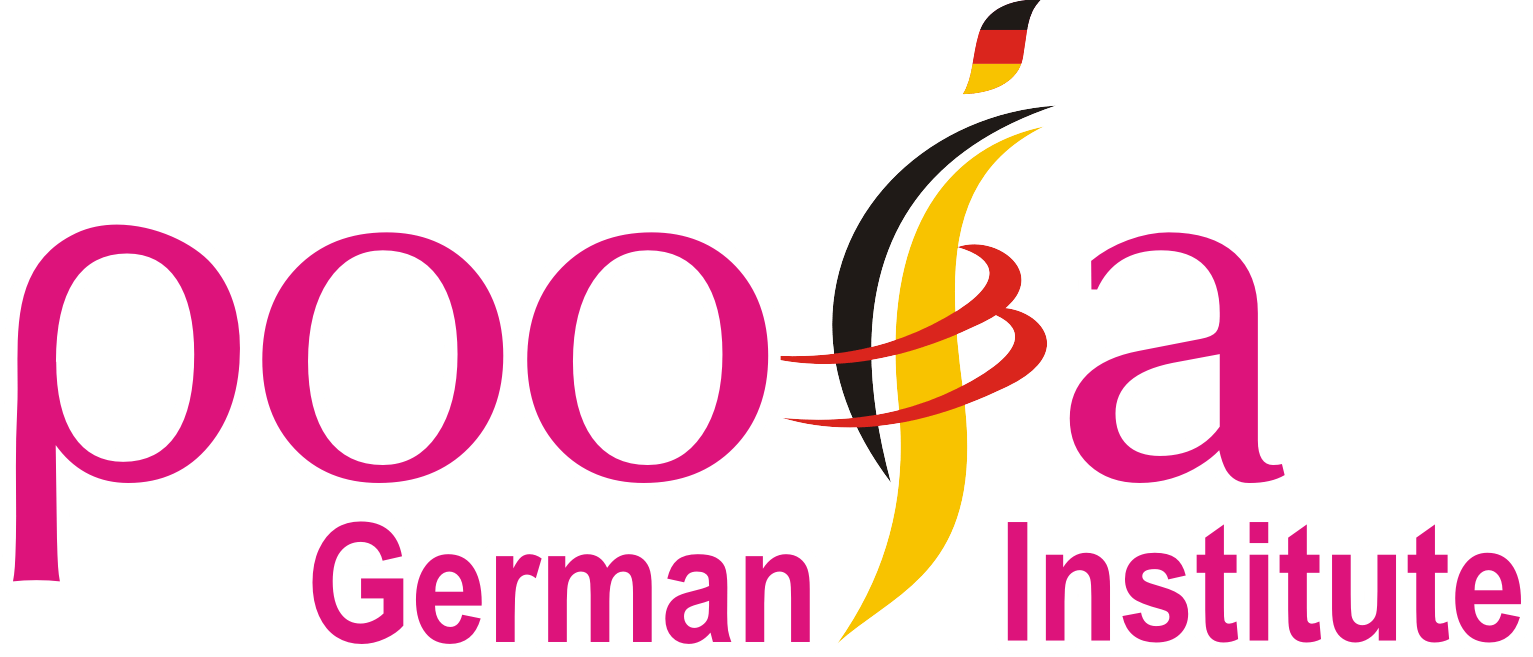
Basic level A1
Basic Level A1
The fundamental concepts and topics covered in German are referred to as being at the A1 level. It’s common to refer to the A1 level as a novice or beginning level. A1 level is the starting point for studying German. It uses language at a rather elementary level.
The first level of the Common European Framework of Reference for Language’s – A1 German.
The first level is A1, and many people believe that this level is quite elementary and that there isn’t much to learn there. But I believe we should examine in further depth everything you will study at the A1 level. Therefore, we will discuss the German A1 level below in steps. These levels were once common and created by the German Goethe Institute. Additionally, A1 addresses a few fundamental grammar concepts as well as how grammar is used in reading, writing, listening, and speaking in daily life.In order to fully understand A1, I’ll want you to read the entire paper. We’ll start out by discussing grammar.
Below are some themes covered by German A1 Grammar:
- Basic Phrases
- Numbers
- Articles (definite and indefinite)
- Singular and plural nouns
- Verbs and verb conjugation
- Possessive pronouns
- Sentence formation
- Trennbare verbs
- Modal verbs
- Interrogative sentences
- Cases
- Prepositions
- Partizip II (Past tense)
- Imperative sentences
- Negation
The Goethe Institute suggests a select few reference books, such as Tangram, Studio D, or Netzwerk (Netzwerk is now in use). In the future, some additional books from other Publications will also be suggested, but the majority of the books will include a nearly complete curriculum. Almost 80% of the material will be more or less, but very few items.
Let’s now discuss the content:
These books typically have 12 lessons covering the most prevalent subjects from our daily lives.
Lesson | Topics Covered |
Lesson 1 | How to introduce yourself, talk about yourself, and meet new people. requesting information such as their names, places of residence, nationalities, ages, and languages. |
Lesson 2 | Discussing how to describe cities, locations, and iconic structures. concerning transportation and instructions as well. |
Lesson 3 | Interests, relationships, family, occupation, days of the week, months, and time |
Lesson 4 | Discusses flavours, various foods, names, putting orders in restaurants, and paying expenses. Discussing about pricing while talking about food, stores, and shopping |
Lesson 5 | Hobbies, routines, organizing some activities with friends, discussing destinations or outing plans |
Lesson 6 | Using verbs, structuring questions, discussing daily routine from morning to evening, discussing a weekly or monthly agenda |
Lesson 7 | covers business communication, including speaking with co-workers, sending emails, discussing the work schedule, attending meetings, and communicating over the phone |
Lesson 8 | Different kinds of homes and common conversations about homes, apartments, furnishings, and floor plans. Also covered: renting a home in Germany, describing a home or an apartment, and using adjectives |
Lesson 9 | About shopping, types of stores, online shopping, discussing stores, visiting a mall, making purchases, and discussing clothing costs, sizes, shapes, and brands |
Lesson 10 | How to talk about health, coordinating meetings with the doctor, bringing up health difficulties, and discussing diet plans |
Lesson 11 | Travel, hotel reservations, and ticketing. discussing hotel amenities and services, as well as discussing popular tourist destinations throughout the world |
Lesson 12 | Miscellaneous related subjects |
As you can see, the German A1 curriculum generally covers all of your daily themes so that you will be able to survive on your own if you visit Germany for the first time. You get audio CDs with books. So your reading, writing, listening, and speaking are all covered in this course. After finishing the course, you will undergo test preparation sessions at the ASAP German Institute in Pune that are intended to help you prepare for the Goethe exam. You will complete a few practice exams during these study sessions, and after that, there will be a final exam at an ASAP Institute with a nearly identical format to the Goethe (Max Mueller Bhavan) exam. This will give you the confidence you need to take the Goethe exam after passing the ASAP exam.
- This article was written by Madhumitha Pakutharivu for “Prestige Language Institute”
You may also like

Intermediate Level – B1

Pre intermediate level A2

